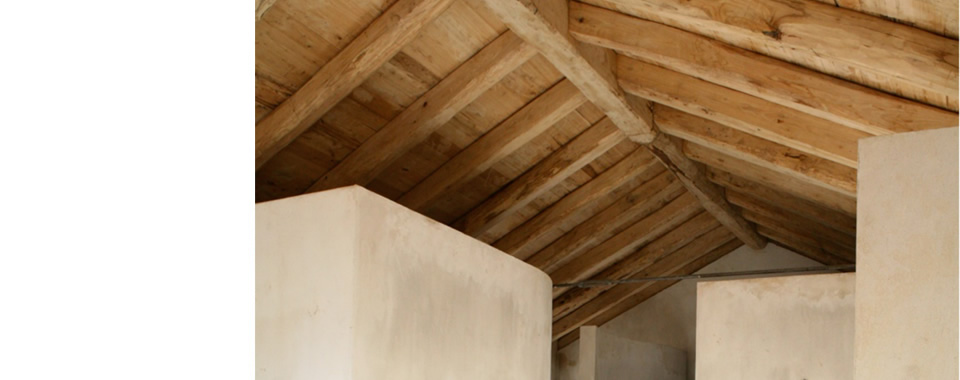

Score - Sustainable Construction in Rural and Fragile Areas for Energy efficiency
Guidelines for Integrated territorial Planning:
Biomass
The following guidelines come from a deep analysis of case studies, norms, and regulations, relating at both national and regional levels. This analysis is summarized in a card that can be downloaded in French language.
Guidelines for integrated territorial planning
Wood is the main biomass resource used for energy and one of the benefits of this fuel is the possibility to reuse wood wastes from carpentry work, forestry and wood industry as a fuel. Wood from urban forestry and agricultural by-products are also progressively being used as fuels. Biomass is the main renewable energy source in France and the second most important in the World and this resource is expected to play an important role in our heating energy independence in the future. Biomass resources are spread all over the French territory and therefore its development involves restructuring the energy sector which will trigger steady employment.
The main strength of wood biomass is its sustainability: it is a renewable resource (provided that the forests are managed in a sustainable way) and the combustion of wood is carbon neutral since it releases as much CO2 as the tree has captured during its growth.
There are several technologies of biomass heating energy systems, ranging from wood stoves to automatic or manual burners. Historically, wood is a resource that has been widely used but the high performances of modern heating systems has allowed for a good development of wood biomass resources (high efficiency, programming, temperature regulation). Biomass fuels, such as wood pellets and wood chips, have a time of “return on investment” ranging from 3 to 7 years and it is likely to even decrease as the price of fossil fuels rises in the coming years. In the renovation of historical buildings, there is often the option of reusing the old heating and exhaust gas pipes network for the new biomass heating system.
The technical shortcomings of biomass heating systems are the storage space, the fuel delivery and the limited distance required between the storage and the furnace. The storage silo can for example be installed in the underground, in a former attic, in a garage or in a distant plant room. The volume of a storage tank providing autonomy for 6 month to 1 year for a house of 150 m2, is approximately 6 to 9 m3.
The delivery mode depends of the location of the storage tank/silo, the type of the boiler (manual or automatic feed) and the accessibility. For manual feed boilers, the pellets or chips can be delivered by bags whereas in the case of an automatic boiler, delivery trucks will have to be able to come close to the storage place (a maximum of 20m in the case of a blowing delivery system).
In the case of wood chips, the storage tank has to be adjacent to the boiler or in an adjoining room. For wood pellets, the 2 main technologies for the automatic transfer of fuel from the storage place to the furnace are:
- worm screw conveyer when the storage place is near the boiler
- vacuum sucking up or blowing system when the distance in important (up to 20m)
Recommendations for the installation of Biomass heating systems:
- Contact the local wood federation and the local “point info energie”[i]
- Anticipation of the technical aspects: storage, plant room, heating pipe network, flue, fire-proofing, fuel feeding system.
- Anticipation of the delivery requirement: space for access (width, distance, truck manoeuvres)
- Work in collaboration with the control office in the case of a building open to the public
Indication for the Bio-construction Action Plan :
The biomass use and diffusion should be promoted by :
- Improve the management of resources and especially logging
- Conduct studies on the consequences of using large-scale
- Conduct studies on the impacts on biodiversity and soil
- Creating a regulatory framework for sustainable logging
- Increase the valuation of industrial and energetic uses of biomass increasing the profitability
- Encourage investments in efficient technologies and new services
- …
Case studies
Montaulieu district – redevelopment of the meeting room
Mazan community hall
[i] Since 2001 there are energy information offices all over the French territory. Their mission is to objectively advice and inform the public about energy efficiency and renewable energy
